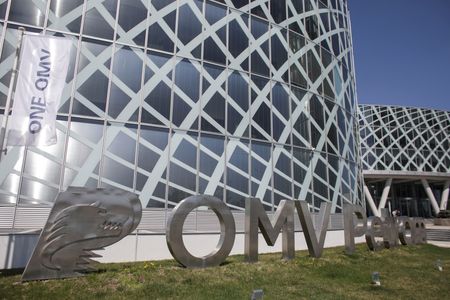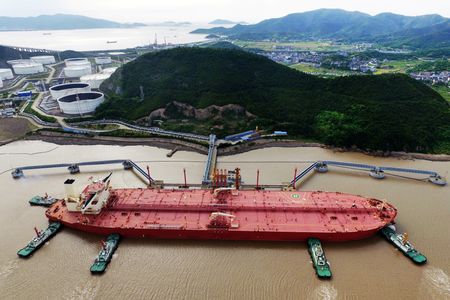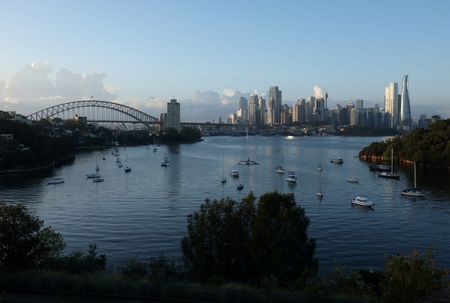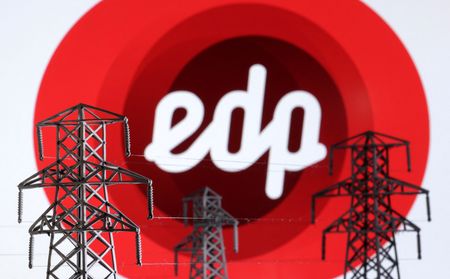(Reuters) – Moldova has secured a quarter of its annual gas supply needs in a deal with the Romanian oil and gas group OMV Petrom, a top Moldovan energy official said on Wednesday, with first deliveries expected in 2027.
The agreement is crucial for Moldova, which has been dependent on Russian gas for decades but has moved to diversify supply following Moscow’s full-scale invasion of Ukraine.
Romania’s energy ministry announced the three-year supply deal from its pending Black Sea project Neptun Deep, one of the European Union’s most significant gas deposits with an estimated 100 billion cubic meters of recoverable gas.
Jointly owned by OMV Petrom and the Romanian state-owned gas producer Romgaz, the project is on track to deliver its first gas in 2027.
“In a situation where Moldova’s relations with Russia’s Gazprom have broken down, obtaining gas directly from Neptun Deep increases the reliability of Moldova’s natural gas supply,” Vadim Ceban, CEO of Moldovan national gas company Moldovagaz, told Reuters.
He added that the deal will account for 25% of Moldova’s total demand for gas, which is estimated at 3.2 billion cubic metres a year.
Moldova’s pro-Russian breakaway region Transdniestria used Russian gas even after the Ukraine invasion, but plunged into an energy crisis earlier this year after Gazprom stopped deliveries.
Romania’s energy ministry said the contract with Moldova’s Energocom amounted to less than 1% of Neptun Deep’s estimated reserves.
Neptun Deep is Romania’s biggest energy project in almost two decades. It will double Romania’s gas production and likely turn it into a net exporter, at a time when the EU is weaning itself off Russian gas.
OMV Petrom, which is majority controlled by Austria’s OMV, will also supply Germany’s Uniper with 15 terawatt hours of gas from Neptun Deep under a five-year deal.
The company and Romgaz plan to sell the gas separately, but under Romanian law the government will have a pre-emptive first right to gas from the project under certain conditions.
(Reporting by Luiza Ilie, Alexander Tanas and Yuliia Dysa; Editing by Alan Charlish and Jan Harvey)










